The mood is moderately upbeat in Asian markets this morning, after an overnight snapback rally on Wall Street.
US equities finished sharply up after a volatile day of trading. The rally was driven by the US Federal Reserve’s indication that US interest rates will remain at ultra low levels at least through the middle of 2013.
And although it wasn’t quite the same as another round of Quantitative Easing that the market was perhaps looking for, just the fact that interest rates will remain low drove up equities.
But despite the overnight rally on Wall Street, which is already lifting up Asian markets this morning, the underlying US economy is still weak. Investors like Marc Faber reckon that in fact the Fed is underestimating the severity of the coming economic downturn. In any case, he argues, the Fed has run out of ammunition to revive the US economy.
So, by no means will a short-term rally signal a reversal of economic fortunes: we could still see some volatility and sharp falls going forward. But after what they’ve been through over the past week, the markets will be happy to take these good days when they can have them.
Early morning trends in Asian markets are looking very upbeat. Across the board, indices in Japan, Hong Kong, Seoul and Taiwan are up by anywhere between 1.5 percent and 4 percent. But whether this rally has wings is in doubt.
Nifty futures in Singapore are trading up this morning, which should point to a strong positive opening in Mumbai. However, even over the past few minutes, the futures have pulled back a bit from their opening high, so it looks like the momentum is weak.
Apart from the Fed’s remarks overnight, there’s one other factor driving the markets today. That’s a comment overnight from China’s Premier Wen Jiabao, which indicates that Beijing is shifting its economic priorities away from fighting inflation, given the uncertainties to the global economy.
Premier Wen had earlier been more harsh in his rhetoric on inflation fighting, but his latest comments indicate that we’re unlikely to see a further monetary tightening in China despite the fact that inflation came in yesterday at a higher than expected 6.5 percent.
You can hear the entire podcast below:


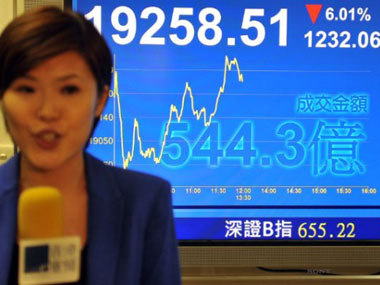)




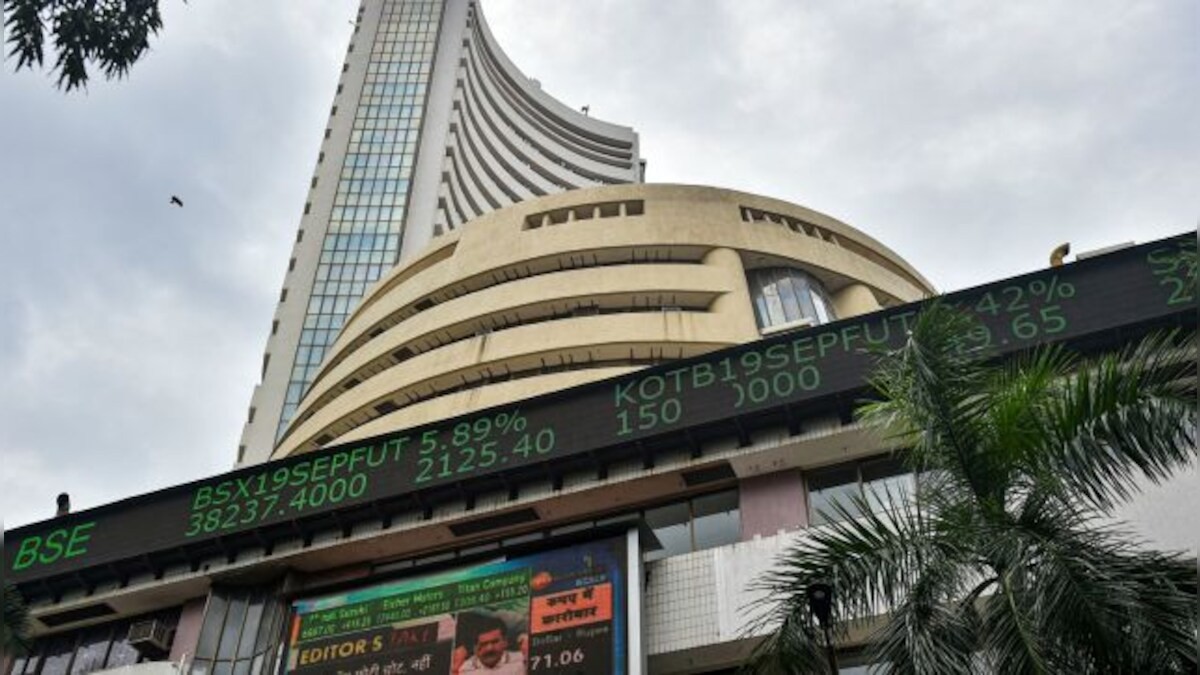)
)
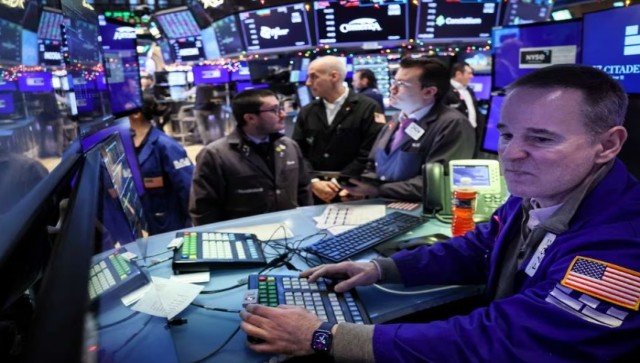)
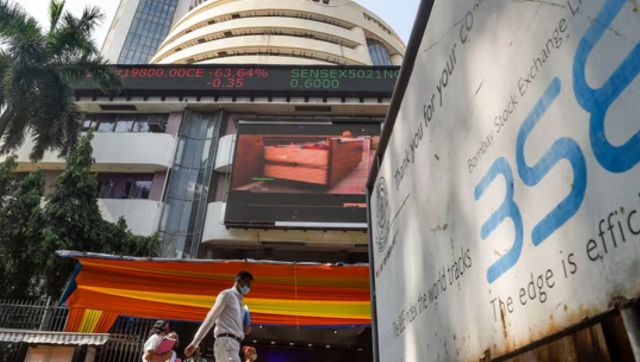)
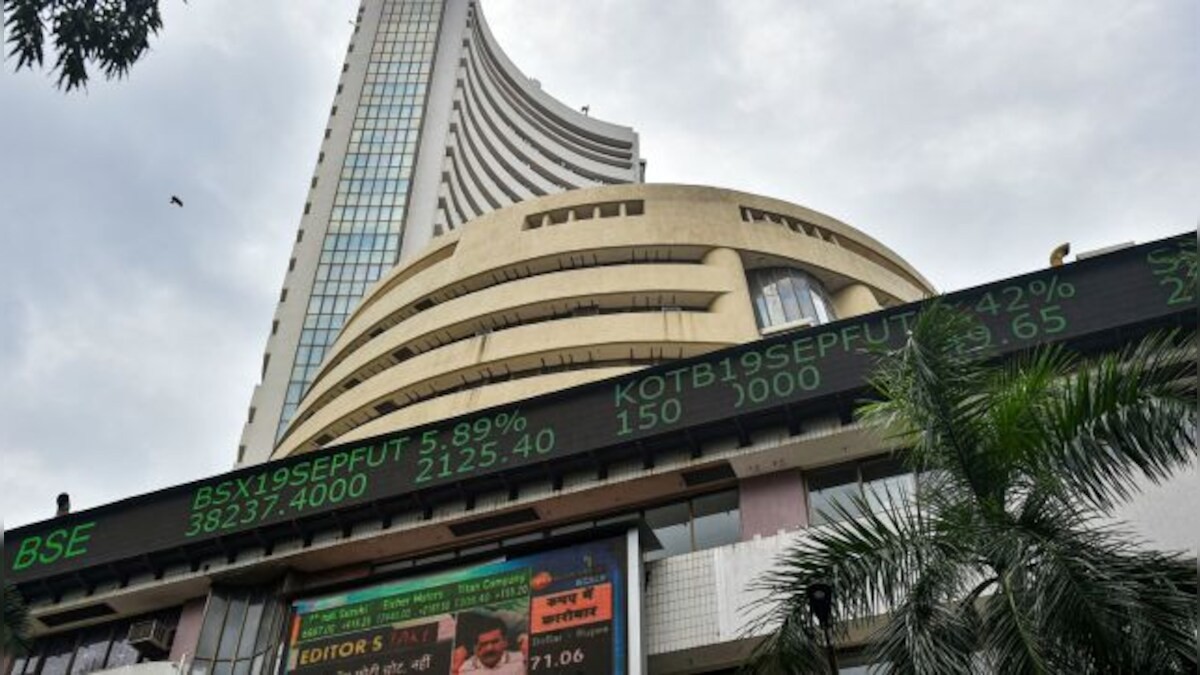)
)
)
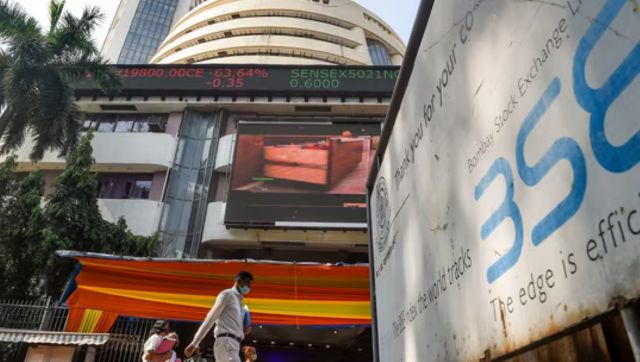)